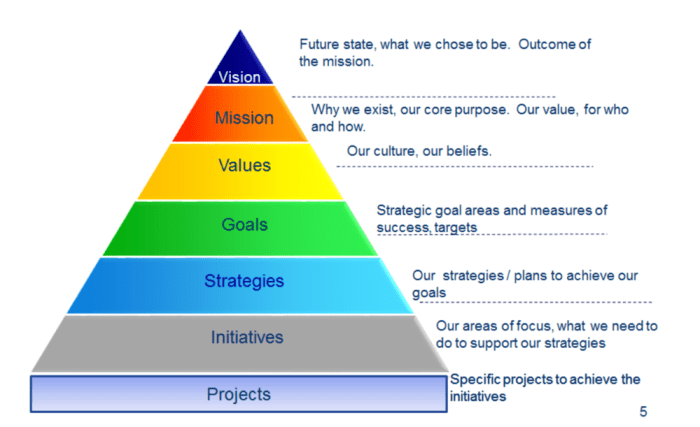Fortunately all information is relevant for strategic planning. – Fortunately, all information is relevant for strategic planning. This statement holds immense significance for organizations seeking to navigate the complexities of the modern business landscape. With access to comprehensive data, organizations can make informed decisions, identify opportunities, and mitigate risks, ultimately driving success and achieving their strategic objectives.
Strategic planning is a critical process that involves setting long-term goals, identifying the necessary resources, and developing a roadmap for achieving those goals. In this process, having access to all relevant information is paramount. Comprehensive information provides a clear understanding of the organization’s internal and external environment, enabling leaders to make well-informed decisions based on a holistic view of the situation.
Importance of Comprehensive Information in Strategic Planning
Strategic planning requires access to all relevant information to ensure effective decision-making and successful outcomes. Comprehensive information provides organizations with a holistic understanding of their internal and external environments, enabling them to make informed choices aligned with their goals and objectives.
Organizations that leverage comprehensive information often experience improved performance and competitive advantages. For instance, a leading technology company attributed its success to the implementation of a data-driven strategic planning process that leveraged both internal and external data to identify market trends, customer needs, and potential risks.
Methods for Gathering and Analyzing Information
Effective strategic planning requires a systematic approach to gathering and analyzing information. Best practices include:
- Conducting internal and external environmental scans
- Leveraging market research and customer feedback
- Analyzing financial data and industry trends
Data analysis techniques, such as SWOT analysis, PEST analysis, and Porter’s Five Forces, help organizations extract insights from collected information and identify key opportunities and challenges.
Technology plays a crucial role in streamlining the information gathering and analysis process. Data visualization tools and business intelligence software enable organizations to quickly and efficiently process large volumes of information, identify patterns, and make informed decisions.
Identifying and Prioritizing Key Information
Not all information is equally important for strategic planning. It is essential to identify and prioritize the most critical information based on its relevance and impact on decision-making.
A framework for prioritizing information can include:
- Relevance to organizational goals
- Timeliness and accuracy
- Reliability and credibility of sources
Organizations should consider both internal and external sources of information, ensuring a comprehensive understanding of the operating environment.
Organizing and Managing Information for Strategic Planning: Fortunately All Information Is Relevant For Strategic Planning.

To support effective strategic planning, information must be organized and managed in a structured manner.
- Create a central repository for all relevant information
- Use tools and techniques for data classification and tagging
- Implement a data governance framework to ensure data quality and security
A structured approach to information management ensures that the right information is available to the right people at the right time.
Using Information to Develop Strategic Plans

Comprehensive information serves as the foundation for developing comprehensive strategic plans. Organizations can use this information to:
- Define clear and achievable goals and objectives
- Identify and allocate resources effectively
- Develop strategies to address challenges and capitalize on opportunities
Strategic plans should be aligned with organizational goals and objectives and should be regularly monitored and evaluated based on relevant information to ensure progress and make necessary adjustments.
Challenges in Gathering and Utilizing Information

Organizations face various challenges in gathering and utilizing information for strategic planning, including:
- Data integration and interoperability issues
- Lack of access to relevant and timely information
- Difficulty in interpreting and analyzing large volumes of data
To overcome these challenges, organizations can implement data integration strategies, engage stakeholders in the information-gathering process, and invest in training and tools to enhance data analysis capabilities.
Additionally, organizations should adapt to evolving information needs and sources, ensuring that their strategic planning process remains agile and responsive to changes in the operating environment.
Query Resolution
What are the benefits of having all information relevant for strategic planning?
Access to comprehensive information enables organizations to make informed decisions, identify opportunities, mitigate risks, and develop effective strategies.
How can organizations gather relevant information for strategic planning?
Organizations can gather relevant information through internal sources (e.g., financial data, customer feedback) and external sources (e.g., market research, industry reports).
What are some challenges in gathering and utilizing information for strategic planning?
Common challenges include data integration, stakeholder engagement, and adapting to evolving information needs and sources.